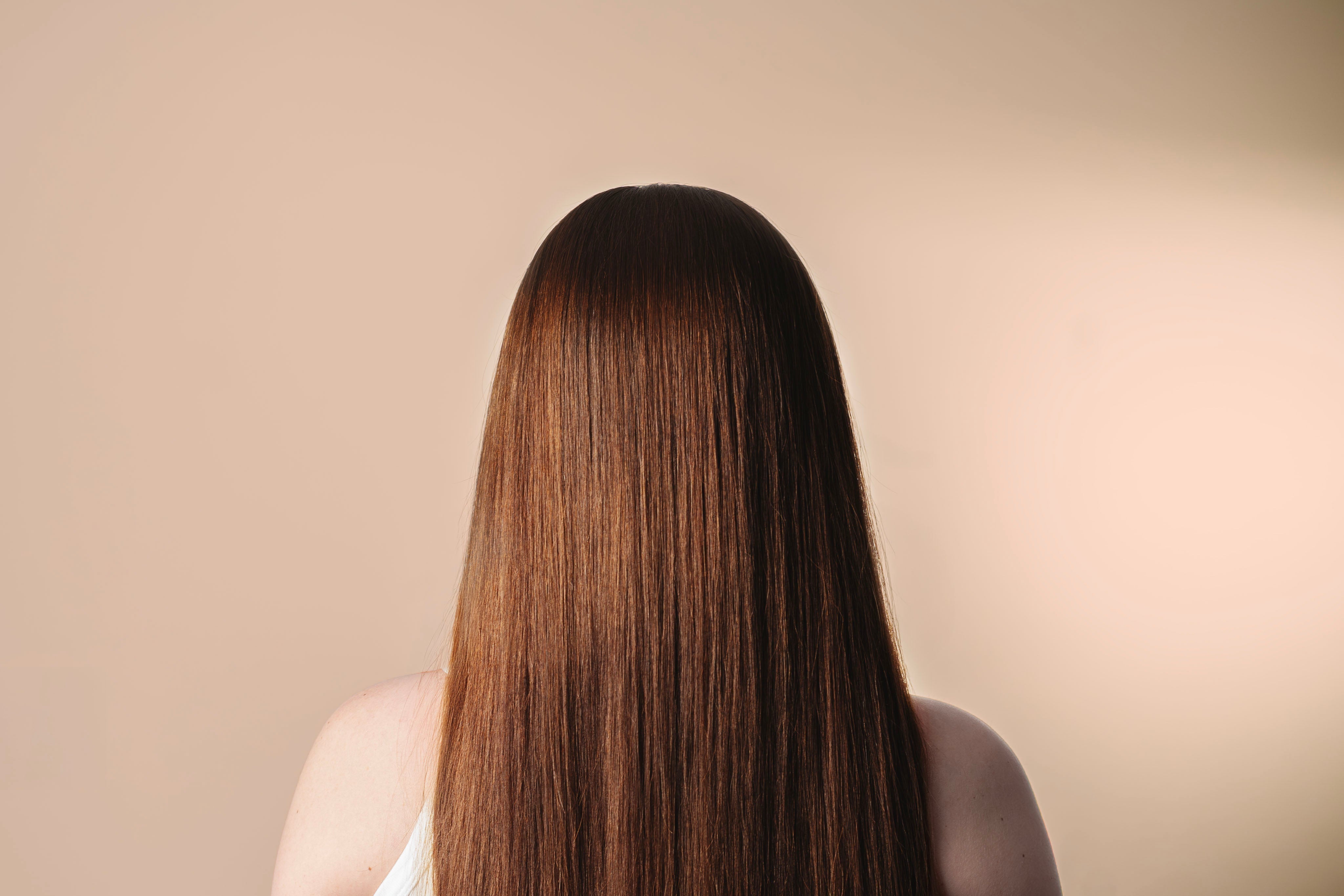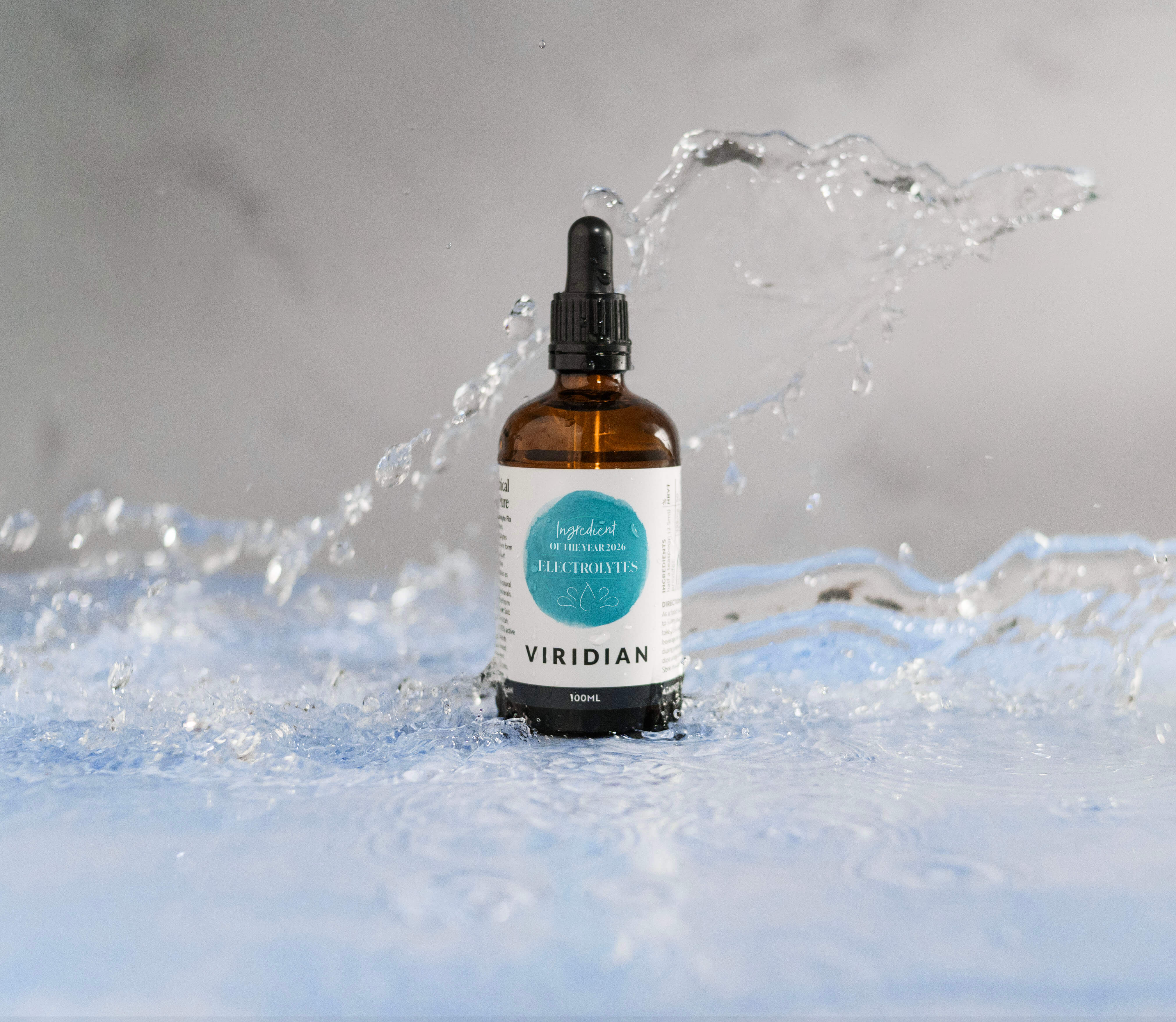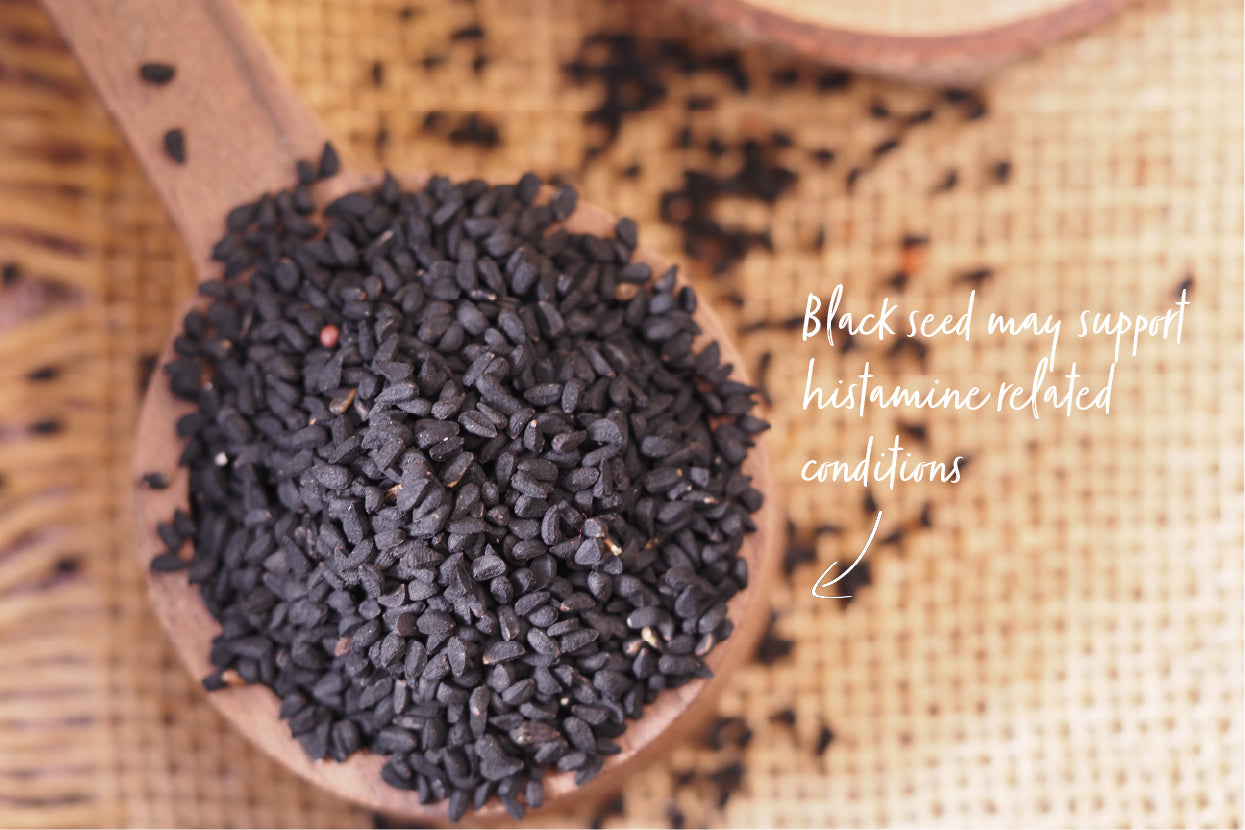
Summer’s here! 4 skin supporting ingredients
• Astaxanthin
• Grape Seeds (show illustration)
• Superoxide Dismutase (SOD)
• Carotenoids
Whilst sunscreen is essential, it is important to remember the significance of nourishing our body with vital nutrients and not to overlook your diet.
When UV rays from the sun come into contact with your skin, they can create what is known as ‘free radicals’. Free radicals are active molecules creating a chain reaction of skin inflammation and damage, which could result in premature skin ageing and other skin health issues.
Studies have shown that adding anti-inflammatory antioxidants to your skincare regimen can protect the skin by reducing free radical production and oxidative stress. Antioxidants have been found to effectively fight free radical damage by interacting and neutralising free radicals, helping to protect your skin against damage and keep your complexion looking fresh and radiant. Incorporating the following simple tips can help to keep your skin in good health when you travel and preload your body with antioxidants. Four nutrients that have been found in clinical evidence to help support overall skin health, due to antioxidant properties are astaxanthin, grape seed extract, superoxide dismutase (SOD) and beta carotene.
Astaxanthin
Astaxanthin is a red pigment which belongs to the xanthophyll carotenoid group naturally found in sources such as salmon, algae and crustaceans. Astaxanthin is cultivated from Haematococcus pluvialis, located close to the ‘Stone Forest’ using natural waters from the Himalayas. Astaxanthin’s antioxidant and anti-inflammatory properties have been demonstrated in a number of studies. In a clinical trial, it was found that astaxanthin significantly suppressed the secretion of inflammatory cytokines caused by UV exposure after 16 weeks of 6-12mg supplementation (1). Inflammatory cytokines are signalling molecules, which are released by the body’s immune cells and promote inflammation as part of its ‘defence’ response.
Grape seeds
Grape seeds contain naturally occurring antioxidants that can help protect cells from free radical damage. It has been scientifically proven to improve the appearance of the skin, smooth skin, reduce wrinkles, prevent ageing skin, and protect against oxidative damage generated by UV rays. It was found that supplementing with grape seed extract can improve skin pigmentation, particularly around the summer months (2).
Superoxide Dismutase (SOD)
Superoxide Dismutase (SOD) is a group of enzymes produced by the body as part of its internal antioxidant system that help in protecting the cells from cellular damage and oxidative stress. Surprisingly it is also naturally occurring in a variety of cantaloup melon.
A clinical study found that SOD may help prevent DNA damage to skin cells caused by UV-induced oxidative stress. It does this by significantly increase the body’s own antioxidant enzyme activity and reduce sunburn in response to UV radiation (3).
Carotenoids
Carotenoids are a class of red/orange widespread pigments that are naturally abundant in nature, especially fruits and vegetables, with over 600 carotenoids present. They are present in carrots, sweet potatoes and butternut squash. In addition to serving as an antioxidant, beta carotene is recognised as a dietary source of provitamin A, meaning that the body can convert it into vitamin A as required. Beta carotene may help protect the skin from any potential damage from UV rays (4).
Conclusion
Supplements are not a replacement for sun protection but can be used to enhance skins own natural defences in addition to regular sunscreen use. The best ways to protect yourself from the sun include avoiding intense sunlight, wearing sun-protective clothing, and using appropriate factor sunscreens.
Finally, choosing a quality supplement is vital. All the nutrients used in food supplements should meet US Pharmacopeia (USP) standards - this is the gold standard in food supplement nutrients. Choose clean supplements that avoid fillers, flow agents, bulking agents, colours and flavours.
To find out more about supplements, dietary and lifestyle advice, visit your independent health store at findahealthstore.com
Author: The Nutrition Support Team at Viridian Nutrition.
References:
- Tominaga K, Hongo N, Fujishita M, Takahashi Y, Adachi Y. Protective effects of astaxanthin on skin deterioration. Journal of Clinical Biochemistry and Nutrition. 2017 May;61(1):33–9. doi:10.3164/jcbn.17-35
- Yamakoshi J, Sano A, Tokutake S, Saito M, Kikuchi M, Kubota Y, et al. Oral intake of proanthocyanidin-rich extract from grape seeds improves Chloasma. Phytotherapy Research. 2004 Nov;18(11):895–9. doi:10.1002/ptr.1537
- Egoumenides L, Gauthier A, Barial S, Saby M, Orechenkoff C, Simoneau G, et al. A specific melon concentrate exhibits photoprotective effects from antioxidant activity in healthy adults. Nutrients. 2018;10(4):437. doi:10.3390/nu10040437
- Braun L, Cohen M. Herbs & Natural Supplements: An evidence-based guide. 3rd edition. 3rd ed. Australia: Elsevier; 2010
The information contained in this article is not intended to treat, diagnose or replace the advice of a health practitioner. Please consult a qualified health practitioner if you have a pre-existing health condition or are currently taking medication. Food supplements should not be used as a substitute for a varied and balanced diet.







